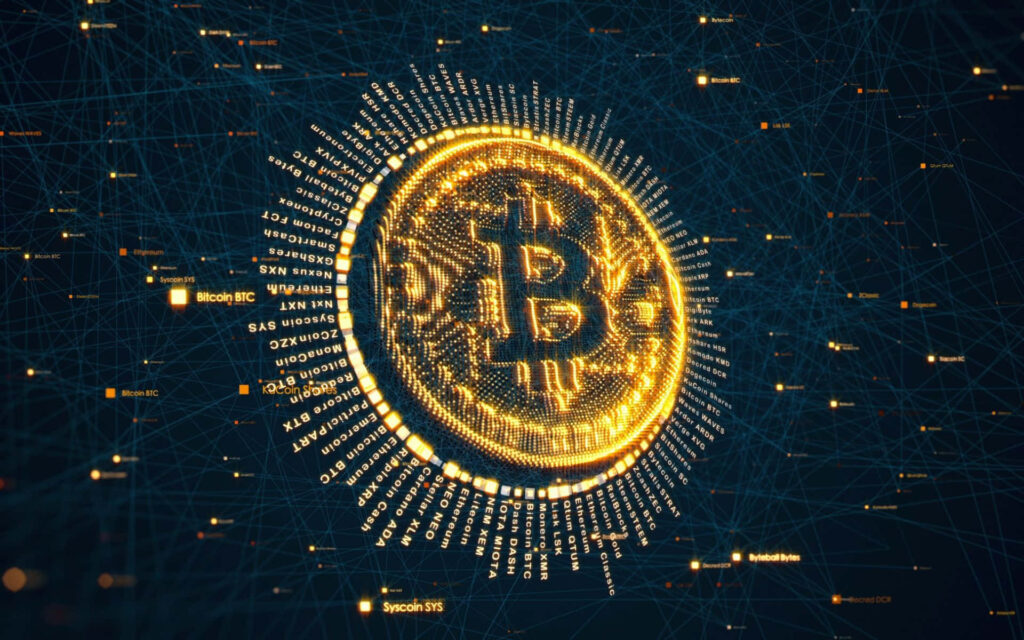The dawn of the 21st century marked the beginning of a new era in electronic cash systems, with Bitcoin taking center stage as a revolutionary innovation in the payment world. However, during the same period, law enforcement agencies were hot on the heels of a thriving dark web marketplace, whose nefarious activities would significantly damage the reputation of Bitcoin and its ecosystem.
For over two years, an illegal online drug bazaar, known as SilkRoad, thrived on the dark web, using cryptographic technology and Bitcoin as a preferred mode of payment to conduct millions of dollars of transactions anonymously. The creator of SilkRoad, allegedly a reclusive individual calling himself “Dread Pirate Roberts” (DPR), made headlines in February 2011 when they announced the launch of an open marketplace for illegal contraband, including dangerous drugs and weapons.
Fast-forward to October 26, 2013 – SilkRoad’s dark times culminated in a landmark arrest. Federal agents were closing in on DPR as the marketplace’s popularity eclipsed other illegal online dark marketplaces. The search ended at a San Diego address, where DPR resided in an apartment raided by FBI agents. Rosy Ulbricht – wife of DPR, still unnamed at the time – revealed in an interview during an extradition hearing that investigators “flooded every port and every border cross and [found]… her husband in a 1000 sq. bedroom [where] he is alone in a 140 sq. ft. concrete jail cell.”
The incident brought attention to the close connections between the dark corners of the internet and their interactions with the Bitcoin realm. A series of media and political backlash ensued across various corners of the news outlets and governments worldwide:
The dark web’s exploitation: This incident exposed what can happen when the lack of governance and oversight intertwine with the anonymity given to the users of some Bitcoin platforms. The connection was strong enough to paint an unfortunate picture of digital anonymity for many users not engaging in illegal activities – effectively giving a bad representation to Bitcoin.
The end of an era: With DPR’s capture (Ulbricht was captured, too, in their shared residence), the long-run for SilkRoad started dwindling. The black marketplace for illegal goods – like the dark web forums of their time – are an undeniable part of global undergrounds. However, when Bitcoin became the first target in the eyes of lawmakers, the cryptocurrency could suffer, and it began an unfortunate trend.
Conclusion
It is undeniable to suggest that the Silk Road affair and the subsequent scrutiny caused an undeniable impact across the global Bitcoin ecosystem: numerous projects and services with even distant connections to similar undertakings were, either indirectly or directly – a major target for backlash, in the form both in legislation and public attitude towards digital currencies. If only it had been able to rise above the legal noise that surrounded it.
Overnight silence.
How has the industry fought back since then? They’re using their resilience along with cutting-edge technology integration for blockchain and other systems for added security. So what lies ahead for future and ongoing projects? More will depend on the pace and commitment of governments alongside other industries in embracing technologies of digital currencies. Ultimately, for the Bitcoin ecology and cryptocurrency world, more innovative efforts are needed but that alone won’t lead them towards a brighter spot unless government agencies and world financial powers start to find it.

